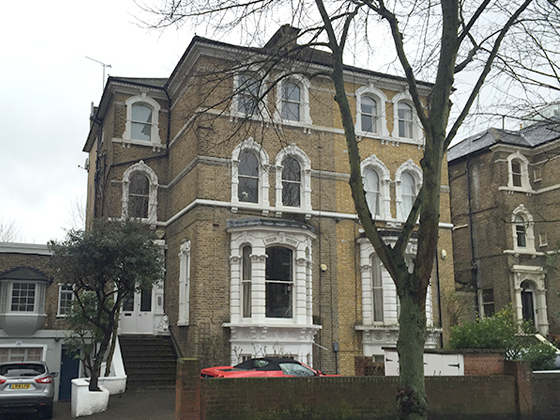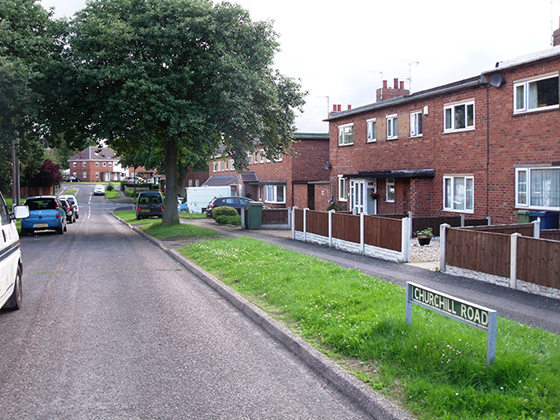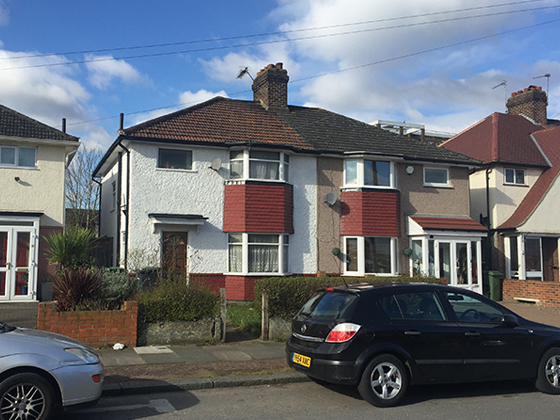Over the course of the last few months ground rents have been thrust into the spotlight and appeared in headlines, newspapers and journals that are not property specific.
The issue has arisen following the practice of developers to incorporate geared and rising ground rents within leases that they have granted on their new-build properties but the implications have extended much further.
In lease extension work, the valuation of the ground rent is an integral part of the valuation process that contributes to the premium payable by the leaseholder.
We have come across simple staged rising ground rents, those geared to the retail price index, those geared to the open market value of the property and those that increase by a set multiple at set intervals.
At the beginning of the lease, these may seem fairly insignificant but with the likelihood of inflation rising over the course of the next few years with a rapid rise in house prices and the mathematical effects that gearing can have, there can be a dramatic effect on value. It should be borne in mind that this may well raise the ground rent but in the current climate, it may well reduce the capital value of the property somewhat setting off the overall figure. Accurate valuation and understanding are therefore essential.
The practice also exists where leaseholders enter into negotiations for a lease extension outside the Act and agree to the payment of ground rent in addition to the payment of a premium or to a slightly lesser payment. In these circumstances, leaseholders will often agree to such a provision in the knowledge that they are selling and will not suffer the implications but few know exactly what difference that ground rent should make. The calculation of ground and head rents is also Important in ascertaining the distribution of premium between a freeholder and head lessee and incorrect calculation of this can easily lead to the distribution of the premium payable.
Over the course of the 10 years that we have been dealing with lease extension work we have dealt with both freeholders and leaseholders advising them on each of these different aspects of the lease extension valuation. Traps exist for the unwary!



